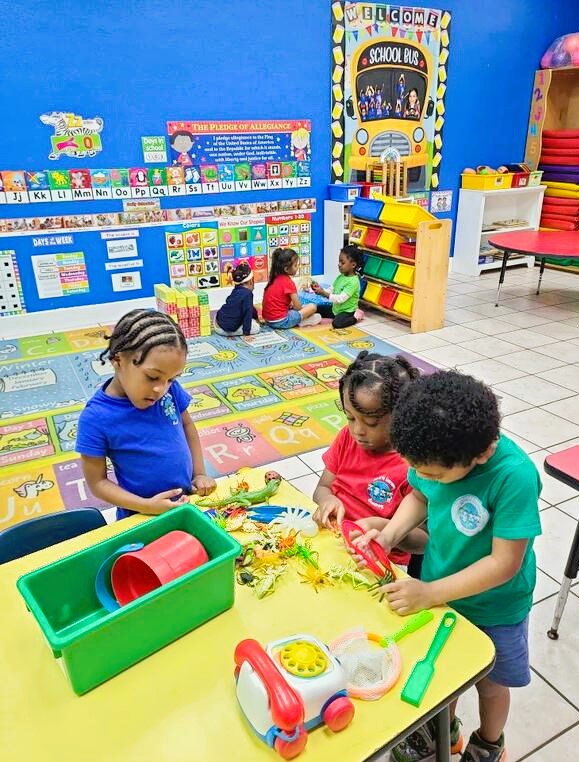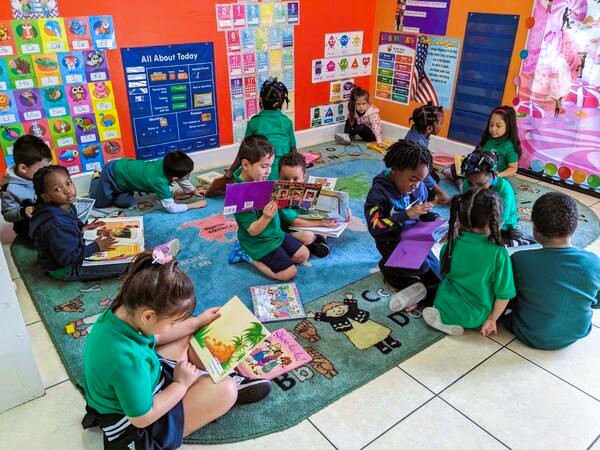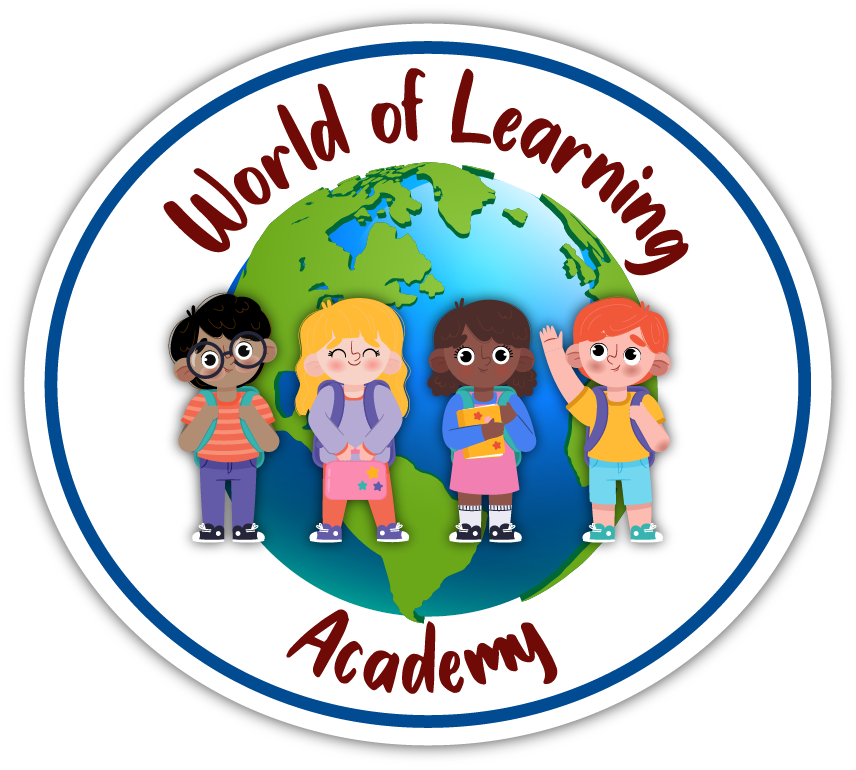PROGRAMS
TODDLERS:
During the toddler years , your child undergoes rapid changes, acquiring new skills and engaging with the world in varied ways. This progression, known as development, covers cognitive, physical, language, and social facets. At this stage, children’s learning primarily occurs within their relationships with significant adults. Our dedicated staff employs effective strategies to:
- Establish strong relationships with young children and their families
- Create learning environments that foster children’s trust and emotional security and respond to interests and needs
- Support and enhance children’s learning in culturally and linguistically responsive ways

TWO’S AND OLDER TWO’S
Once your child turns 2, they begin showcasing notable developments frequently, displaying independence and a curiosity for exploring their surroundings on their own.
Your 2-year-old’s imagination is also starting to come to life! Play is essential for child development in that it supports socializing, learning, creative problem solving, and expressing thoughts and emotions when words are not available.
Your 2-year-old will love to show off their budding motor skills, creativity, social skills, and independence. You can expect your little one to make great strides between 2 and 3-years-old! That’s why we focused on these levels:
- Prioritize Meaningful partnerships with families
- Establish and support consistent routines
- Respond to children’s needs and interests in the moment.

PRESCHOOL
As your child’s curiosity about the world around them increases, so will the kinds of things they want to talk about. You can expect a lot of “why” and “how” questions now, as your child soaks in everything there are to know about how the world works, and their place in it.
They also embark on the journey of social play, navigating the challenges of sharing while also displaying emerging empathy. This will sometimes be a bumpy ride. Your child is just learning about sharing and taking turns, but may also still be very possessive of their toys, which can lead to meltdowns during play. At the same time, your child is starting to learn empathy. For instance, they may go to comfort their friend if they see them crying.
We apply the following teaching strategies
- Foster early literacy
- Introduce numbers and mathematics
- Teach science through observation
- Cultivate creativity and art- based activities

PRE-KINDERGARTEN
Parenting a 4-year-old can be a wonderful, exciting experience. Yes, your child may still be a handful at times (this is common!), but they are growing in leaps and bounds. Four-year-olds are creative, thoughtful little people. Get ready for the stage when imaginative play is all the rage, and you can begin to have fuller, fascinating conversations with your kiddo. Your 4-year-old’s fine motor skills are becoming more refined by the day and they’ll soon be expert climbers, jumpers, and runners. Our Pre-kindergarten staff follows these teaching strategies to get them ready for Kindergarten; we introduce the eight “domains” of development that are included in the VPK Education Standards:
- Physical Health
- Approaches to Learning
- Social and Emotional Development
- Language and Communication
- Emergent Literacy
- Mathematical and Scientific Thinking
- Social Studies and the Arts
- Motor Development

AFTER SCHOOL
Young children are constantly learning and growing, and our After-School Program creates a space for them to socialize, build, play, and explore. We served children from 5 to 12yrs old, the program encompass a broad range of focus areas including academic support, mentoring, positive youth development, and arts.
The activities children and youth engage in outside of school hours are critical to their overall development; our After School staff encourages children to participate in the following areas:
- Reading
- Academic Support
- Creative Writing
- Class Presentations
- Problem Solving

